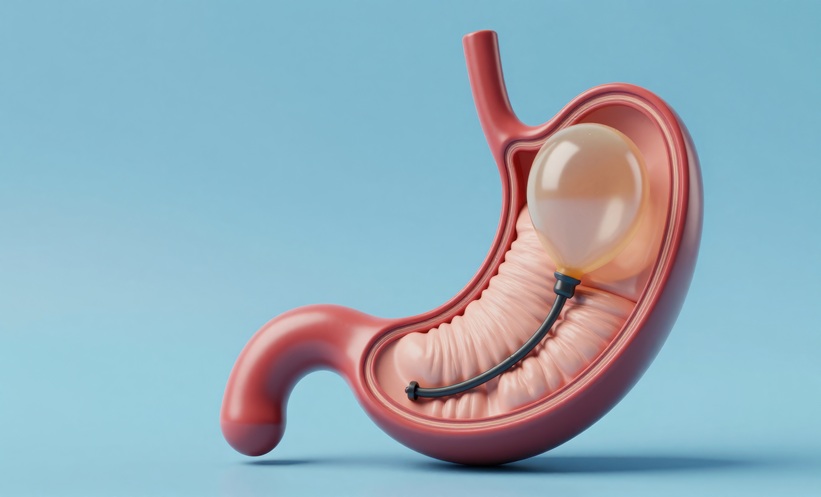A NEW study reveals that gestational diabetes mellitus (GDM) may significantly alter the gut microbiome of newborns, potentially influencing early immune and metabolic development. The research highlights how maternal blood sugar levels during pregnancy can shape the microbial environment of the infant gut.
The team of researchers collected meconium, the first stool, samples from 32 infants, 16 born to mothers with GDM and 16 from healthy pregnancies. Using advanced microbial sequencing techniques, they compared bacterial populations between the two groups. The analysis revealed striking differences in the composition of the neonatal gut microbiome.
Infants exposed to GDM showed a higher abundance of Bacteroidetes and lower levels of Actinobacteria and Proteobacteria. At a more detailed level, genera such as Bacteroides and Escherichia–Shigella were more prevalent in the GDM group. These bacteria have been linked to inflammation and opportunistic infections, raising concerns that early-life microbial imbalances could affect long-term health.
“These findings suggest that maternal gestational diabetes can disrupt the initial colonisation of the infant gut,” said the study authors. “Such changes may have implications for the child’s immune system and metabolic health later in life.”
Clinical Implications and the Future of Gestational Diabetes
The study underscores the importance of optimal glycaemic control during pregnancy. By managing blood sugar effectively, clinicians may help reduce microbial imbalances in newborns, potentially lowering their future risk of metabolic disorders or immune-related conditions.
The researchers emphasise that while the study provides strong evidence of microbiome differences, more research is needed to understand the long-term health consequences and whether interventions during pregnancy can normalise gut colonisation patterns.
This work adds to growing evidence that maternal health directly influences the earliest stages of a child’s microbial development. Experts suggest that these insights could inform both prenatal care strategies and early-life interventions to support healthy gut microbiome development, ultimately promoting better lifelong health outcomes.
Reference
Zhang L et al. Effects of gestational diabetes mellitus on the intestinal microbiota of the offspring. Sci Rep. 2025; 15:39934








